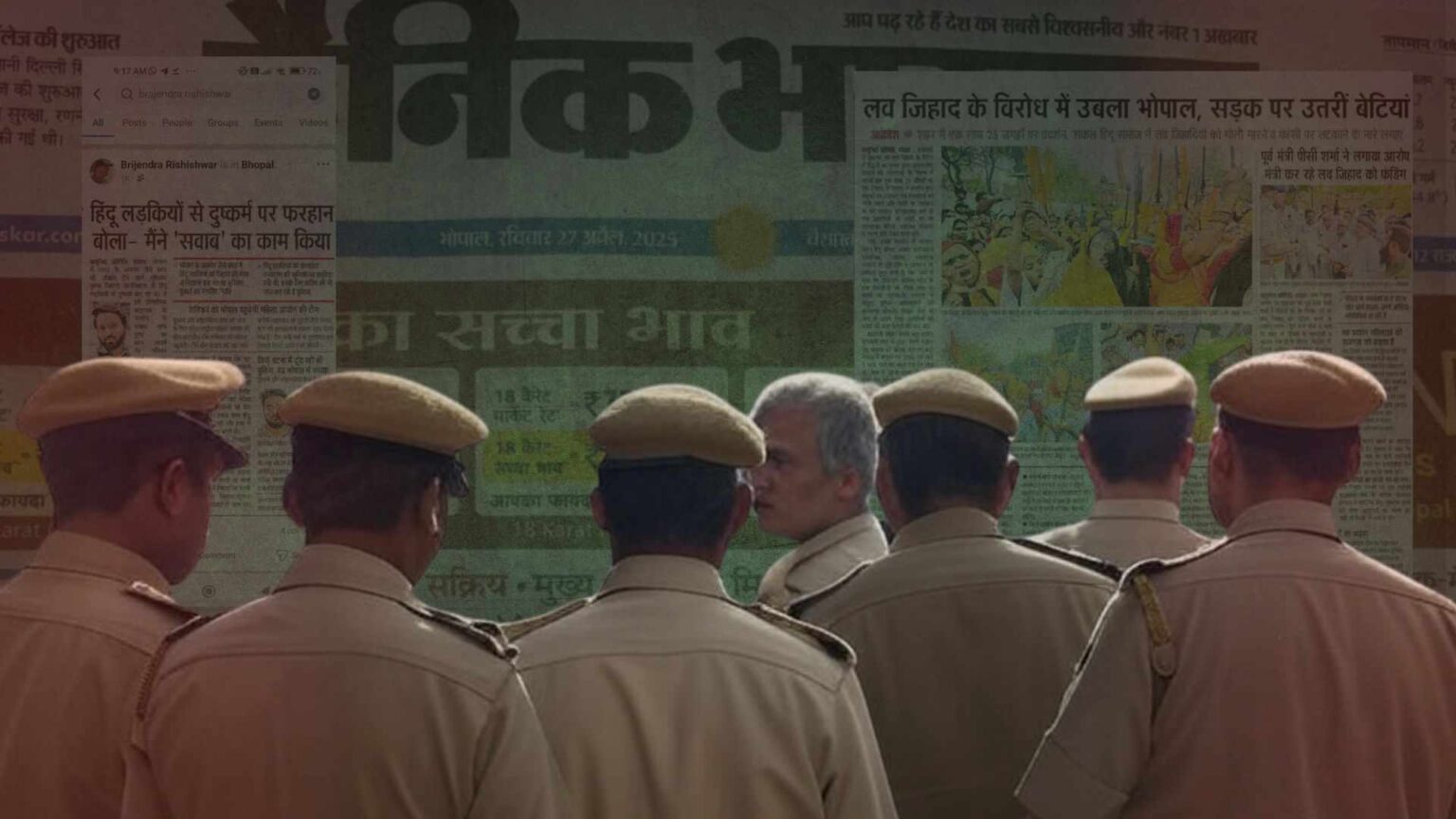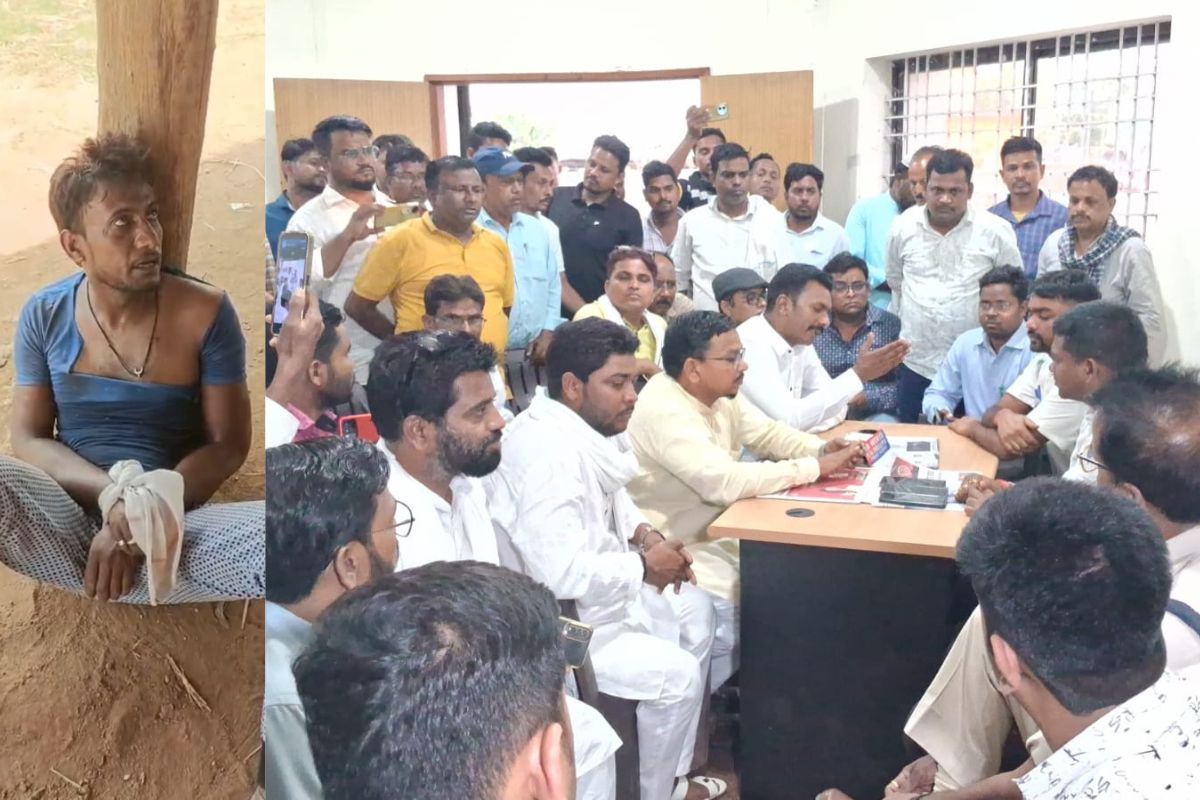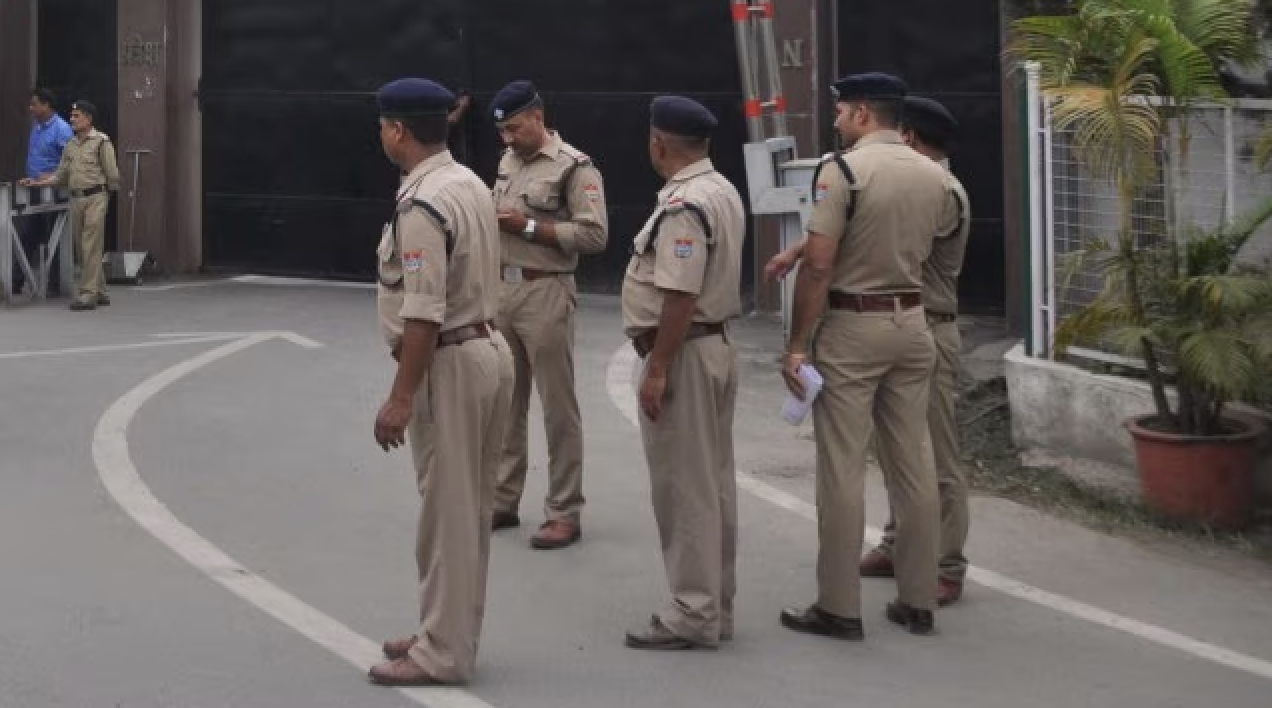
By Abdul Kalam Azad
The new year may have brought new hopes for many. But not for lakhs of men, women and children from the historically marginalized communities in Assam who are going deep into the darkness of uncertainty, anxiety and fear of losing their citizenship and of subsequent dehumanization.
The fear of detention is no more an individual experience. The sheer uncertainty of the citizenship determination processes has made the fear of detention a collective experience for communities like Bengal origin Miya Muslims and Bengali Hindu living in Assam. On August 31, 2019, the office of the Assam state coordinator of the NRC published the final list of citizens that excluded over 19 lakh people. These people have been living in perpetual limbo with no clue as to what is going to happen to them.
The story of 108-year-old Majiran Begum dadi in Mohammadpur village in Barpeta district of Assam is no less tragic. She was marked as a ‘D’ (doubtful) voter, by the election commission in 1997. She has not been allowed to vote since then. It has been more than two decades but she hasn’t received the notice from the tribunal to start the proceeding. In the meantime, all her civil rights including the right to vote, are suspended.
She came to Assam from the Bengal province of British India as a young child along with her parents. When her family migrated, it was one country, there was no border and the place where they set up their home was a marshy land. Her parents survived the wild animals and deadly diseases, cleared the land and made it habitable, she recalls.
Her name was included in the first NRC prepared in 1951. She voted in the first election of Independent India. Decades later, in 1997 She was declared a doubtful voter.
Majiran dadi says, “I can’t explain how it feels to know that someone has marked me as a ‘D’ voter.”
As per the Supreme Court directions, those excluded should have received the reasons of their rejection so that they can approach the foreigners’ tribunal to get their citizenship status determined. Now, the NRC authority is struggling to find the reasons for the rejection in majority of the cases. It only proves how the genuine Indian citizens were excluded from NRC to reach the imaginary number of so-called “illegal immigrants” in Assam.
The fact is that most of the excluded people are the victims of a biased, prejudiced and inefficient administrative process which put them on the verge of losing their citizenship.
Even in the face of a pandemic, the police have been arresting the so-called declared foreigners and sending them to detention centres.
The citizenship contestation processes all together has created a situation of an unprecedented fear and anxiety among the vulnerable communities, especially the fear of detention is profound. Though only declared foreigners are to be sent to the detention centres but the fear transcends across the marginalised population. Technically, Majiran dadi is not supposed to be detained until she is declared a foreigner by the tribunal, but she feels she might be arrested by police anytime.
“I heard from people that they will pick me up too. If they detain me, I will not survive,” she said in a trembling voice.
The foreigners’ tribunals across Assam have declared more than 1.30 lakh people as foreigners across the state. Most of these cases are either decided ex-parte or decided against them on frivolous grounds such as spelling mismatch in various documents, mismatch of age in two or more documents or even not mentioning the details of extended family members in the written statement before the tribunal.
Over the last few months, the border police have been going to villages with the list of “declared foreigners” to collect their photos and location.
One of the “declared foreigners”, Kamala Khatun was coerced by the police to receive a reference case notice served in the name of another person. Since the husband’s name was the same, she had to accept the notice and fight the case in the tribunal. The tribunal declared her as a foreigner. All her siblings are Indian citizens but she was declared as a foreigner. She has been evading police for the last four years.
Meanwhile, her minor son was forced to take up hazardous job in the construction company; her minor daughter was forced to discontinue education and now a victim of child marriage and domestic violence.
While narrating her ordeal, Kamala said, “In the last 4-5 years, I have neither slept peacefully nor have I eaten a meal properly.What wrong did we do? What sin did our children do?”
After a few weeks of this visit, the police picked up a woman from her adjoining village and sent her to the detention centre. The horror Kamala and 1.3 lakh declared foreigners and their family members are living cannot be fathomed by anyone outside Assam.
Despite having their presence in this country for generations, having documentary evidence, having been part of historical events and processes, they are being haunted like criminal and forced to experience most inhuman suffering.
Meanwhile, the BJP government is Assam is continuously dismissing the NRC as apparently it has excluded more Hindus and included more Muslims than they had expected. As if taking a cue, the current coordinator of Assam NRC Hitesh Dev Sarma has recently filed an affidavit in the Gauhati High Court alleging that ineligible persons’ names have been included in the final NRC.
Sarma, a 1989-batch Assam Civil Service officer, is known for his controversial social media posts which made people question his neutrality as a government official.
This story first appeared on nationalheraldindia.com






